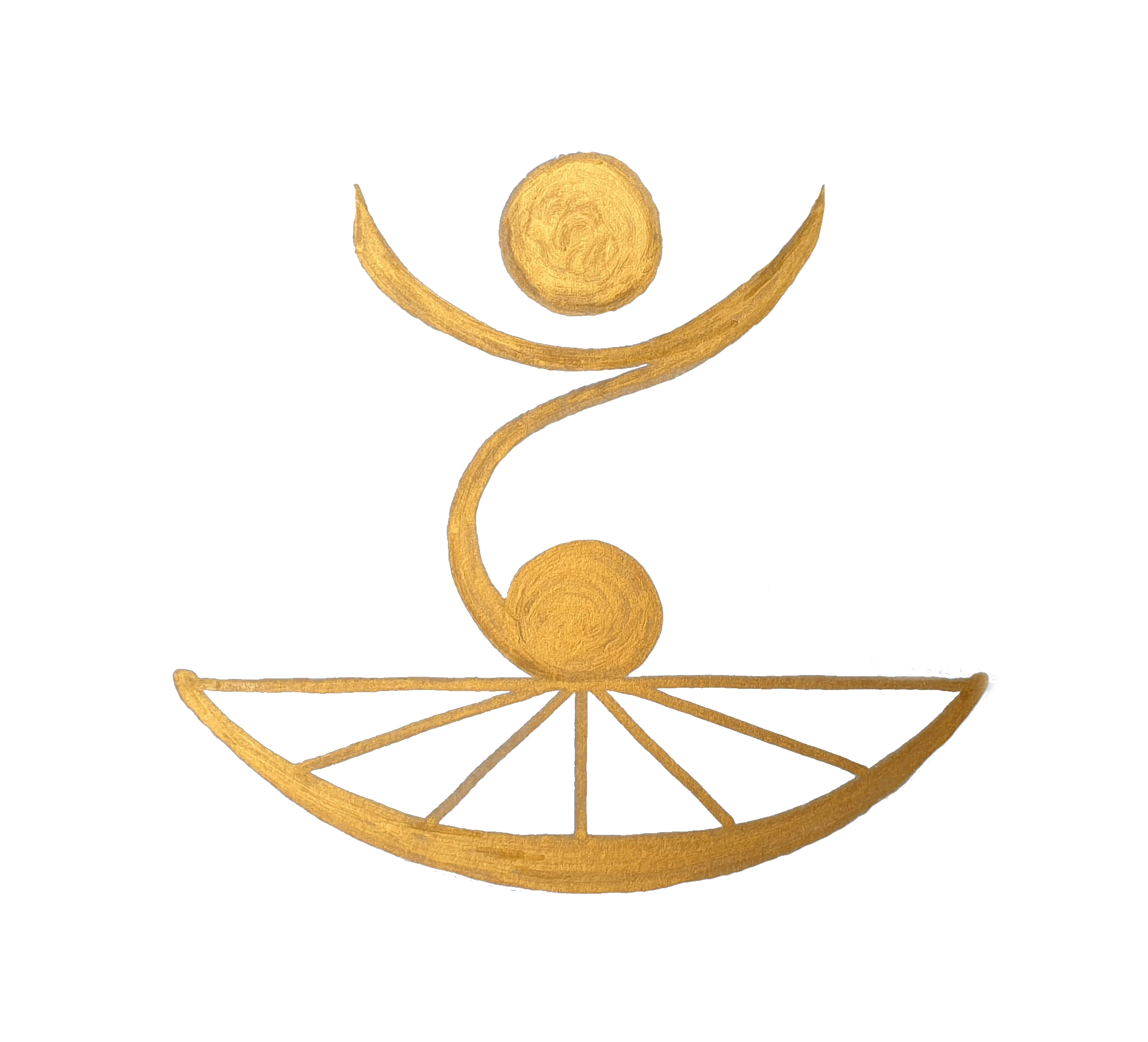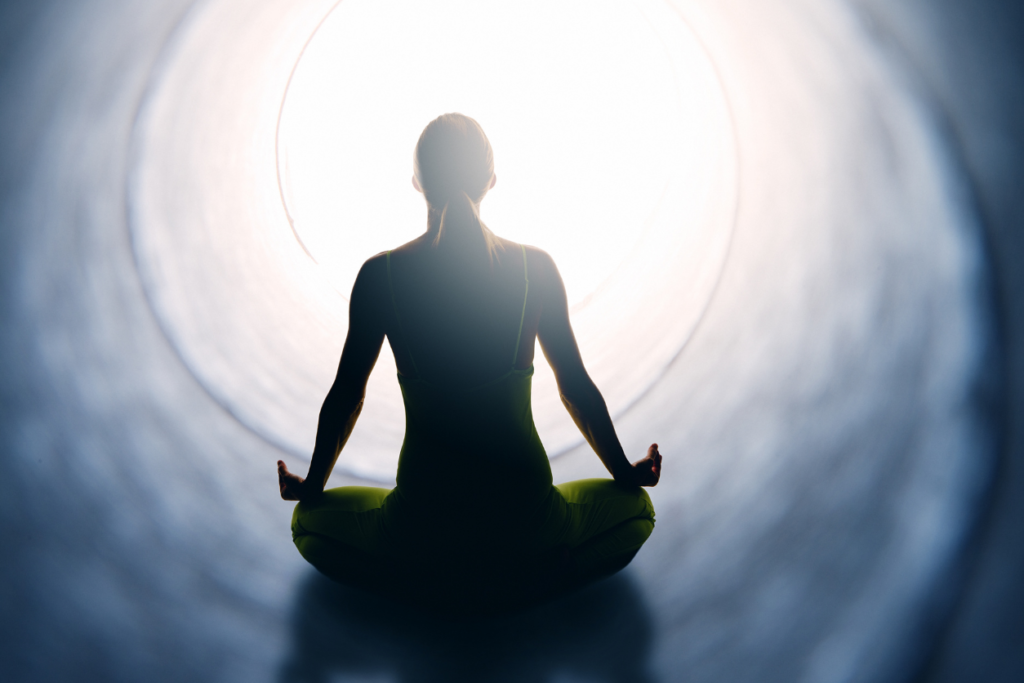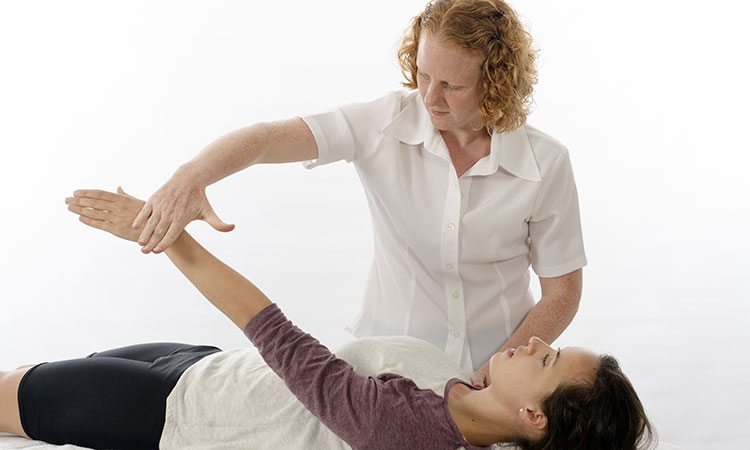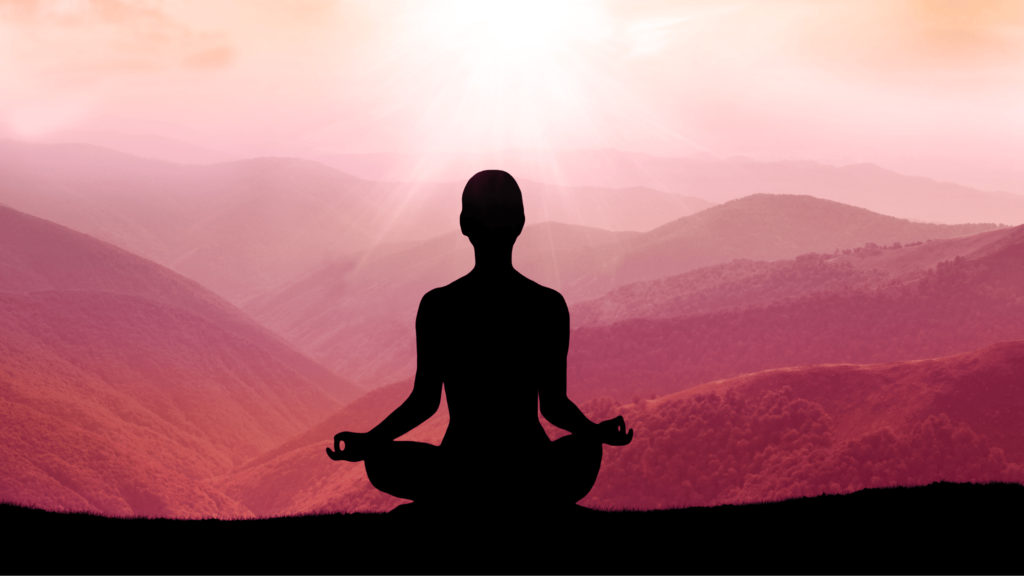Growing up Through all Kinds of Situations
In all kinds of situations, we can find out what is true simply by studying ourselves in every nook and cranny, in every black hole and bright spot, whether it’s murky, creepy, grisly, splendid, spooky, frightening, joyful , inspiring, peaceful, or wrathful. We can just look at the whole thing. There’s
a lot of encouragement to do this, and meditation gives us the method. However, when we sit down to meditate and take an honest look at our minds, there is a tendency for it to become a rather morbid and depressing project. We can lose all sense of humor and sit with the grim determination to get to the bottom of this stinking mess.
After a while, when people have been practicing that way, they begin to feel so much guilt and distress that they just break down, and they might say to someone they trust, “Where’s the joy in all this?”
So, along with clear seeing, there’s another important element, and that’s kindness. It seems that, without clarity and honesty, we don’t progress. We just stay stuck in the same vicious cycle. But honesty without kindness, makes us feel grim and mean, and pretty soon we start looking like we’ve been sucking on lemons.
We become so caught up in introspection that we lose any contentment or gratitude we might have had. The sense of being irritated by ourselves and our lives and other people’s idiosyncrasies becomes overwhelming. That’s why there’s so much emphasis on kindness.
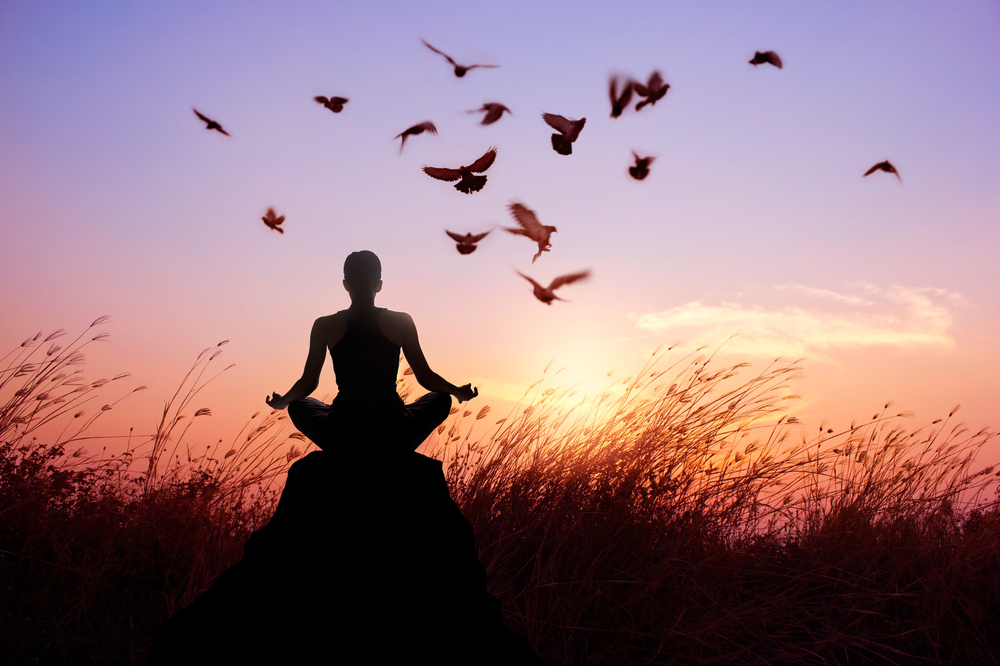
Sometimes it’s expressed as heart, awakening your heart. Often it’s called gentleness. Sometimes it’s called unlimited friendliness. But basically kindness is a down-to-earth, everyday way to describe the important ingredient that balances out the whole picture and helps us connect with unconditional joy.
As the Vietnamese teacher Thich Nhat Hanh says, “Suffering is not enough.” Discipline is important. When we sit down to meditate, we are encouraged to stick with the technique and be faithful to the instructions, but within that container of discipline, why do we have to be so harsh? Do we meditate because we “should?” Do we do it to please our teacher, or to escape going to hell?
How we regard what arises in meditation is training for how we regard whatever arises in the rest of our lives. So the challenge is how to develop compassion right along with clear seeing, how to train in lightening up and cheering up rather than becoming more guilt-ridden and miserable.
Otherwise, all that happens is that we all cut everybody else down, and we also put ourselves down. Nothing ever measures up. Nothing is ever good enough. Honesty without kindness, humor, and good
heartedness can be just mean. From the very beginning to the very end, pointing to our own hearts to discover what is true isn’t just a matter of honesty, but also of compassion and respect for what we see.
Pema Chödrön
